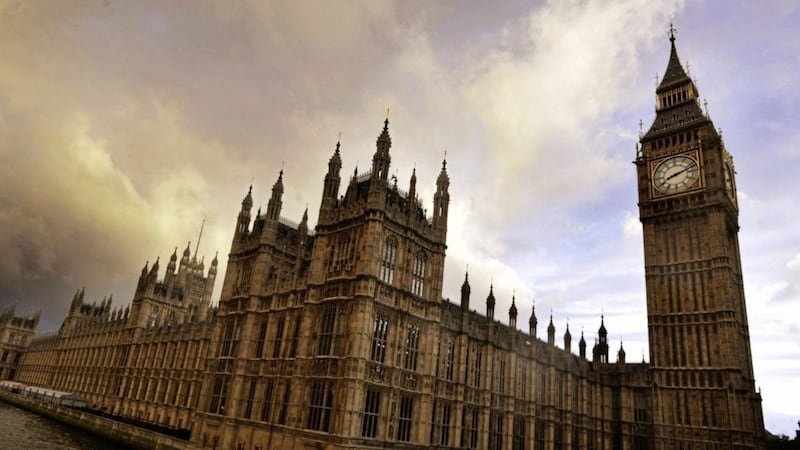DESPITE the devolution of most aspects of government through the Northern Ireland Act 1998, Westminster retains parliamentary sovereignty - and so has the right to pass legislation in devolved policy areas.
The north's devolution settlement gives legislative control over `transferred matters' to the Assembly.
Stormont can also, in principle, legislate on `reserved' category matters - however this is dependent on a number of `consents' and this has not yet been done "to any significant degree", according to the UK government.
The Assembly has "full legislative competence" for devolved matters - meaning it does not need consent from Westminster to change or create law.
However, this does not make it the sole legislator in these areas - with Westminster still able to act if it chooses.
Since 1999 the UK government has followed the so-called Sewel Convention that it "will not normally legislate with regard to devolved matters without the consent" of the devolved governments.
Previous examples of Westminster law-making, such as the 2019 move that allowed abortion for the first time in Northern Ireland, happened at a time when the assembly was in suspension - reinforcing the impression that is the only time such an intervention is permitted.
Under the Sewel Convention, when the UK government plans to introduce a bill with provisions touching on devolved matters it should consult with the affected administrations at an early stage in the process.
This gives the devolved government an opportunity raise any objections.
That administration then publishes a `legislative consent memorandum' - indicting its support or objection - after the bill is introduced and will later vote on a `legislative consent motion' - to grant or refuse.
If consent is denied it is for Westminster to decide whether to amend the bill over assembly members expressed concerns.
It can, choose to pass the legislation unaltered as the Sewel convention is not legally binding and does not formally limit the power of the UK parliament to legislate on all matters for all parts of the country.
The Assembly has no legal comeback on this.
A 2017 Supreme Court ruling stated that because it is only a political convention "policing the scope and manner of its operation does not lie within the constitutional remit of the judiciary".
According to the Institute for Government "out of more than 350 legislative consent motions, on just 13 occasions has consent been denied, in part or in full".
The Assembly had refused consent only once before Brexit - on the 2015 Enterprise Bill.
In February 2011 the Welsh Senedd voted against giving consent to the Police Reform and Social Responsibility Bill and has since declined to give legislative consent a further seven times.
In these cases the issues were over UK-wide bills which infringed into devolved territory.
The passage of an Irish Language Act - a transferred matter specific to Northern Ireland - would be the kind of nuclear option that, before this, Westminster has shied away from.




